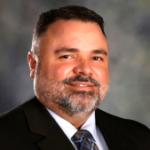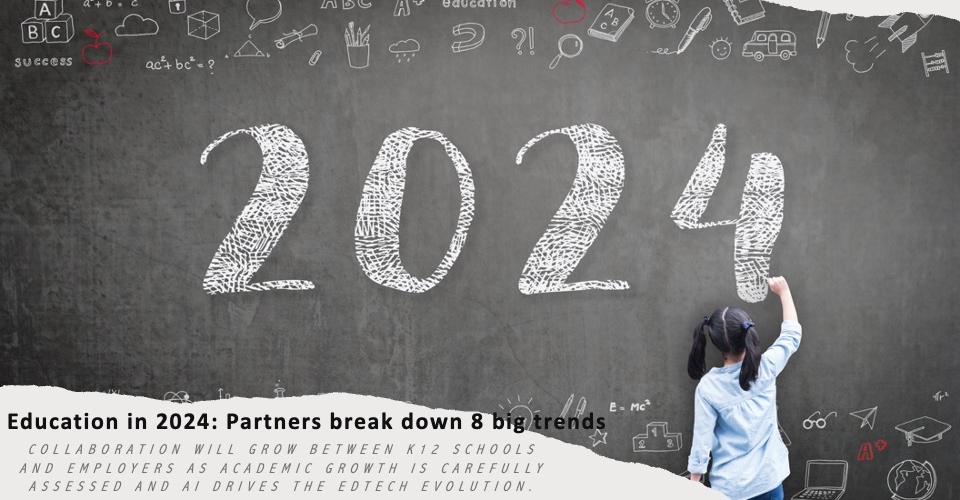“Embracing new expectations”: That’s how Indiana Principal of the Year Danny Mendez describes his new staff’s response as he transitioned into the top spot at North Central High School in the Indianapolis-area Metropolitan School District of Washington Township.

“They are embracing some different practices we’ve put in place to take the really good things to the next level and improve the things that need to be improved,” says Mendez, who was previously principal of Seymour Middle School in Seymour Community Schools.
He has devoted a lot of his energy toward his teachers and to offering more intensive instructional coaching, in particular. He hired four full-time coaches this year to provide embedded professional development through one-on-one co-teaching and observations. “We always say we need to grow ourselves to grow our kids,” Mendez notes.
Read more from DA: These 6 states saw the largest growth in home school enrollment since 2017
Mendez also created instructional coaching residencies that pair coaches with a different teacher each week, for an entire week. In some cases, the coach may teach and ask the teacher for feedback. Along with improving teachers’ skills, the more comprehensive PD should also help North Central—Indiana’s largest urban high school—retain its educators.
“Teacher support—the most important piece—is giving them the tools and coaching them up in instructional capacity so they’re successful with their students,” Mendez explains. “It makes them more confident. It lets them know they have somewhere to go if they need help and are lost vs. some models where they have to go outside the building.”
How to be a great simplifier
Another high-priority project for the school year is aligning the high school’s course offerings with more intentionally guided career pathways that go beyond traditional CTE. The goal is to grow into areas such as engineering and biomedical fields that are highly relevant for today’s students. “Getting that engagement from them will help with achievement and give them options when they go on to college,” he notes.
That drive to help students succeed after completing high school comes from Mendez’s experience working with high-needs schools. And once again, teaching is the key to helping students in these schools defy expectations and break cycles of marginalization. “I always tell teachers in job interviews that we need people who believe a student’s circumstances don’t have to dictate the outcome,” he continues. “Whether they come from a house of drugs, a house of poverty, a house of trauma—that does not sentence them to a life of the same.”
The key to motivating staff to achieve these goals is for a principal to be “a great simplifier” who can take difficult concepts and help educators find a comfortable place to start. “It’s partly simplifying incredibly complex things, but also talking about ‘why this school exists,'” he asserts. “This is the one profession that helps create all the other professions. It’s being a storyteller about our kids—who they are, what they need, what they want to be and what their dreams are.”
An important part of the narrative is detailing the reasons behind the actions leaders are taking and the goals that are being set. However, exploring the flip side can also have a significant impact. “One of the powerful pieces is talking about, ‘If we don’t do this, what happens?'” he explains. “If we aren’t all in, what happens? If we don’t grow ourselves, what happens? Who gets hurt if we don’t take these steps?”
One of the biggest challenges he’s contending with is building students’ social-emotional skills so they feel safe to focus on academics. Digital literacy is a crucial tool in this effort. He and his educators are teaching students how to handle the responsibilities that come with “the ability the grab information from anywhere at any time.
“They are growing up in a world that moves much faster than what a lot of the adults had to deal with when they were growing up,” Mendez concludes. “They have exposure to a lot of things earlier.”









